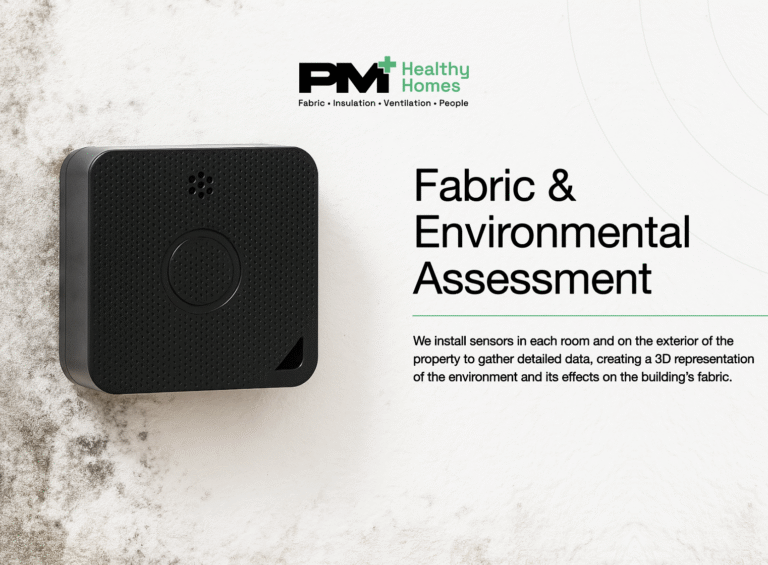In the UK, Commercial Energy Performance Certificates (EPCs) are essential for evaluating the energy efficiency of non-domestic properties. Currently, commercial buildings are required to have a minimum EPC rating of “E” to be sold or leased. This system helps property owners and tenants identify areas where energy efficiency improvements can be made, reducing carbon footprints and energy costs.

Government Reforms: What’s Changing?
Recently, the UK government has announced significant reforms to the Energy Performance Certificate (EPC) regime. These changes aim to enhance the energy efficiency of the UK’s building stock, contributing to the nation’s broader climate goals. Under the proposed reforms, the minimum EPC rating for commercial properties is expected to rise from an “E” to a “C” by 2030. This shift will impact landlords, tenants, and property owners alike, requiring them to invest in energy-saving measures such as improved insulation, renewable energy systems, and more efficient heating and cooling technologies.
For buildings that fail to meet the new requirements, landlords will need to upgrade their properties before they can be rented or sold. This is a critical step toward making the UK’s commercial buildings more sustainable, reducing carbon emissions, and enhancing energy efficiency. The reforms align with the UK’s commitment to achieving net-zero carbon emissions by 2050 and will have far-reaching implications for property values and the wider economy.
Why the Reforms Matter
The proposed reforms are not just beneficial for the environment but also for businesses and property owners. Improving the energy efficiency of commercial buildings can:
- Reduce Operational Costs: Energy-efficient properties often lead to lower energy bills and maintenance costs. With energy prices rising, these savings can make a significant difference to a business’s bottom line.
- Increase Property Value: Properties with higher EPC ratings are more attractive to potential buyers and tenants, as they signify lower running costs and a commitment to sustainability. This can lead to a higher return on investment.
- Boost Business Reputation: Companies that operate in energy-efficient buildings are viewed as more responsible and environmentally conscious, which can enhance their brand image and attract sustainability-minded clients.
- Government Incentives: As part of the UK’s green transition, there are financial incentives and subsidies available for businesses that invest in energy-efficient upgrades. These reforms could open the door to further government support.
What Can You Do Now?
With the government’s new reforms on the horizon, businesses must begin to prepare for the changes to ensure their properties are compliant. Obtaining a Commercial EPC is a vital first step, and at PM+, we can help. Our team of experts offers fast, reliable, and thorough EPC assessments, providing you with valuable insights into your building’s energy performance.
Whether you’re a landlord, tenant, or property manager, PM+ is your trusted partner for navigating the evolving landscape of Commercial EPCs. Don’t wait for the new regulations to take effect—act now to ensure your property is future-proof and energy-efficient.








